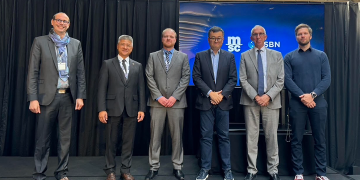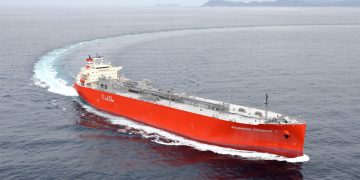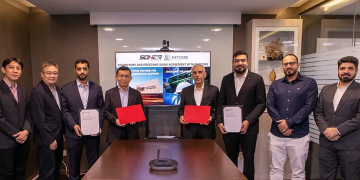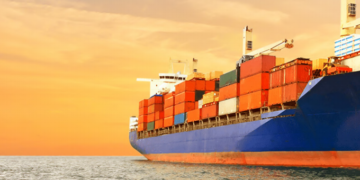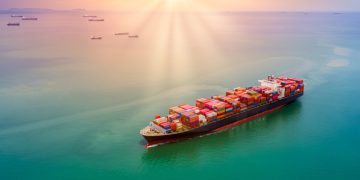International Maritime Pilots’ Association – pilot ladder safety campaign
Provides detailed information relative to ladders not up to the SOLAS standard In its report to the IMO's Maritime Safety Committee, the fifty-fifth session of the Sub-committee on Safety of Navigation (NAV 55) had requested the International Maritime Pilots' Association (IMPA) to provide detailed information to the Ship Design and Safety of Navigation Sub-committees, relative to specific ladders their members were asked to climb that were not up to the SOLAS standard.The campaign was run during one week at the end of September 2010, and involved the membership of IMPA, together with colleagues in the European Maritime Pilots' Association.Three years have passed since the last safety campaign was conducted. That campaign was carried out in response to a peak in fatalities to pilots and launch crews in 2006.IMPA has noted a slow decline in the level of defects, which, though still quite high, is at least heading in the right direction.IMPA is optimistic that the inclusion of pilot ladders in the ship's safety equipment inspection regime under the changes to SOLAS Chapter V Regulation 23, proceeding through the 27th IMO Assembly in autumn 2011, will have a profound effect on the standard found in future campaigns/surveys.Click here to view the ...
Read more






